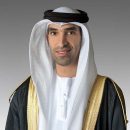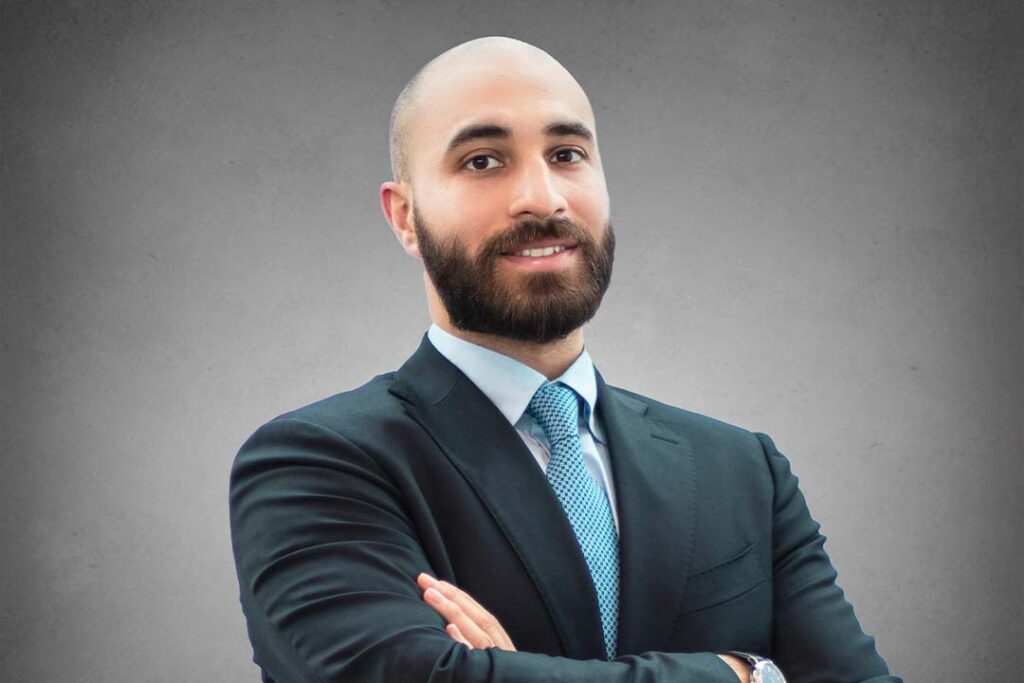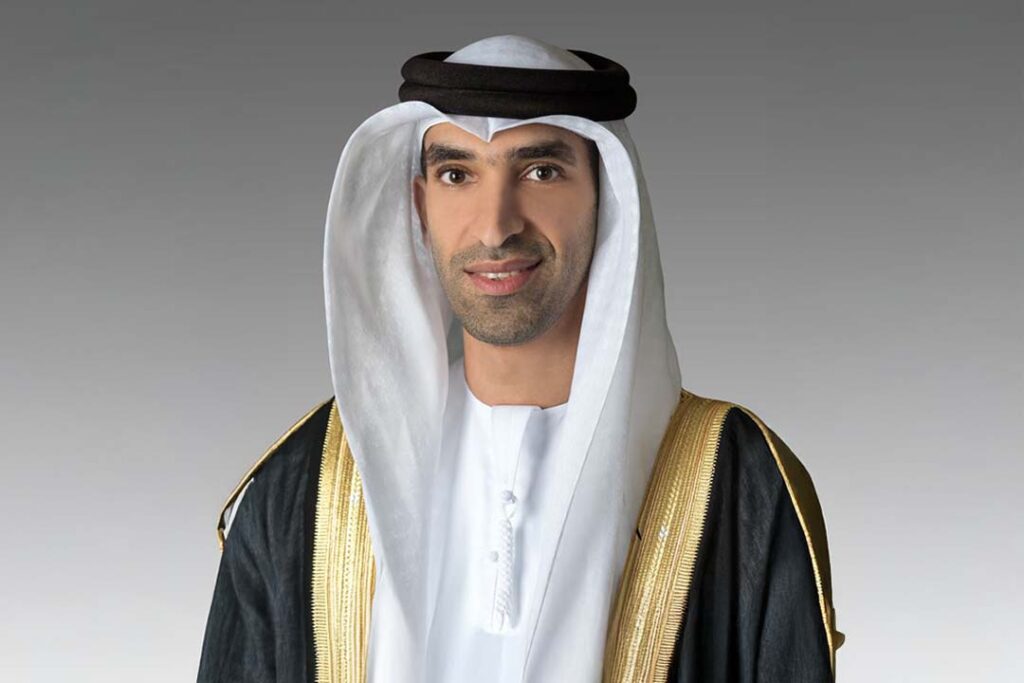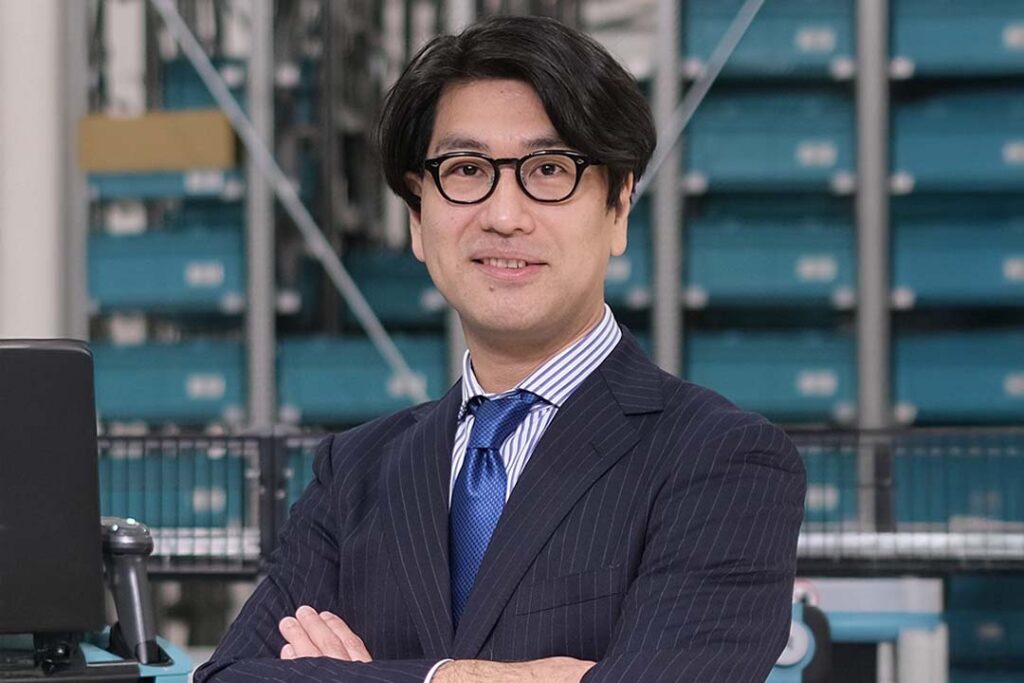In an era where disruption has become the norm rather than the exception, leaders are under increasing pressure to evolve—or risk becoming irrelevant. Few people understand this requirement as well as Helle Bank Jorgensen, CEO of Competent Boards, #1 Amazon bestselling book, global keynote speaker, and globally known thought leader. She has established herself as a valued counselor to board members and executives worldwide, making her one of the most authoritative voices on sustainability, governance, and future-ready leadership. Her work is not about merely ticking off ESG boxes; it is about assisting decision-makers in developing the clarity, fortitude, and foresight required to lead responsibly in a world marked by complexity and continual change. “Understanding ESG and sustainability is no longer a nice-to-have—it’s a must,” she says. “These aren’t buzzwords. They are critical lenses through which businesses can assess risk, unlock opportunity, and future-proof their operations.”
Helle’s career has been defined by her ability to turn big ideas into practical change. From launching the world’s first green account and integrated report to creating Competent Boards—now a global platform for executive learning—her approach has always been hands-on, forward-thinking, and deeply rooted in purpose. Originally from Denmark and now based in Canada, Helle was named one of Canada’s Most Powerful Women by the Women’s Executive Network in 2022, a Global Changemaker by The Globe and Mail in 2023, and one of the Top 50 Sustainability Influencers to Follow by Onalytica in the same year. She was also recognized as a LinkedIn Top Voice in the Green Economy and received the Global 50 Women in Sustainability Award from SustainabilityX® Magazine. Through Competent Boards, she has built a space where leaders engage with real-world dilemmas alongside peers and experts who’ve been in the trenches themselves. As she puts it, “Ultimately, future-ready leadership requires courage, competence, and clarity. Our role is to help leaders strengthen those muscles so they can guide their organizations—and society—toward a more resilient, inclusive, and sustainable future.”
Her latest book, The Future Boardroom: How to Transform in Turbulent Times, brings together years of insights and cross-cultural wisdom from around the world, including Japan, and stands as a timely companion for leaders navigating today’s high-stakes decisions. The following conversation offers a window into Helle’s mission—and a compelling call to action for those ready to lead with integrity in a world that demands nothing less.
Bridges: Why is it more crucial than ever for board members and corporate leaders to deeply understand ESG, sustainability, and responsible governance? How does your work with Competent Boards address this urgent need for future-ready leadership?
Helle Bank Jorgensen: If we have learned anything over the past few years, it’s that disruption is not an exception—it’s the new operating environment. Whether it’s geopolitical instability, climate disasters, biodiversity loss, or shifting societal expectations, today’s board members and executives are being asked to navigate uncharted waters. And they must do so in real time, under public scrutiny, with enormous consequences tied to every decision.
In this context, understanding ESG and sustainability is no longer a nice-to-have—it’s a must. These aren’t buzzwords. They are critical lenses through which businesses can assess risk, unlock opportunity, and future-proof their operations.
That’s the premise behind Competent Boards. I founded the organization to give board members and senior executives a space to learn—not in theory, but through real conversations with peers, global leaders, and subject matter experts who have faced the dilemmas and made the calls. Our programs are designed to be practical and global, offering both the big picture and the operational questions that keep responsible leaders up at night.
Ultimately, future-ready leadership requires courage, competence, and clarity. Our role is to help leaders strengthen those muscles so they can guide their organizations—and society—toward a more resilient, inclusive, and sustainable future.
Our role is to help leaders strengthen those muscles so they can guide their organizations—and society—toward a more resilient, inclusive, and sustainable future.
Helle Bank Jorgensen, Chief Executive Officer of Competent Boards

What are your impressions of Japan’s approach to ESG and sustainability in the boardroom? How have Japanese leaders responded to your programs, and where do you see further potential for collaboration or impact?
I’ve always admired Japan’s unique approach to value creation—its deep reverence for nature, its intergenerational thinking, and its commitment to integrity and quality. These values are not just cultural—they are strategic assets in a world increasingly seeking long-termism and trust.
In my experience, Japanese board members and executives bring a thoughtful, humble, and highly disciplined approach to learning. When they participate in our Competent Boards programs, there is a genuine curiosity and respect for diverse global perspectives, but also a strong sense of identity and responsibility rooted in Japanese values. That combination—openness and conviction—is incredibly powerful.
Japan has the ability to lead not just through policy or compliance, but by showing how sustainability principles can be lived authentically through culture, governance, and purpose. I see a tremendous opportunity for more cross-border collaboration—where Japan’s depth can meet global breadth to shape the next chapter of responsible leadership.
Can you share a synopsis of your upcoming book, The Future Boardroom, and explain why it is essential reading for executives worldwide? Were there any perspectives from Japan that you included?
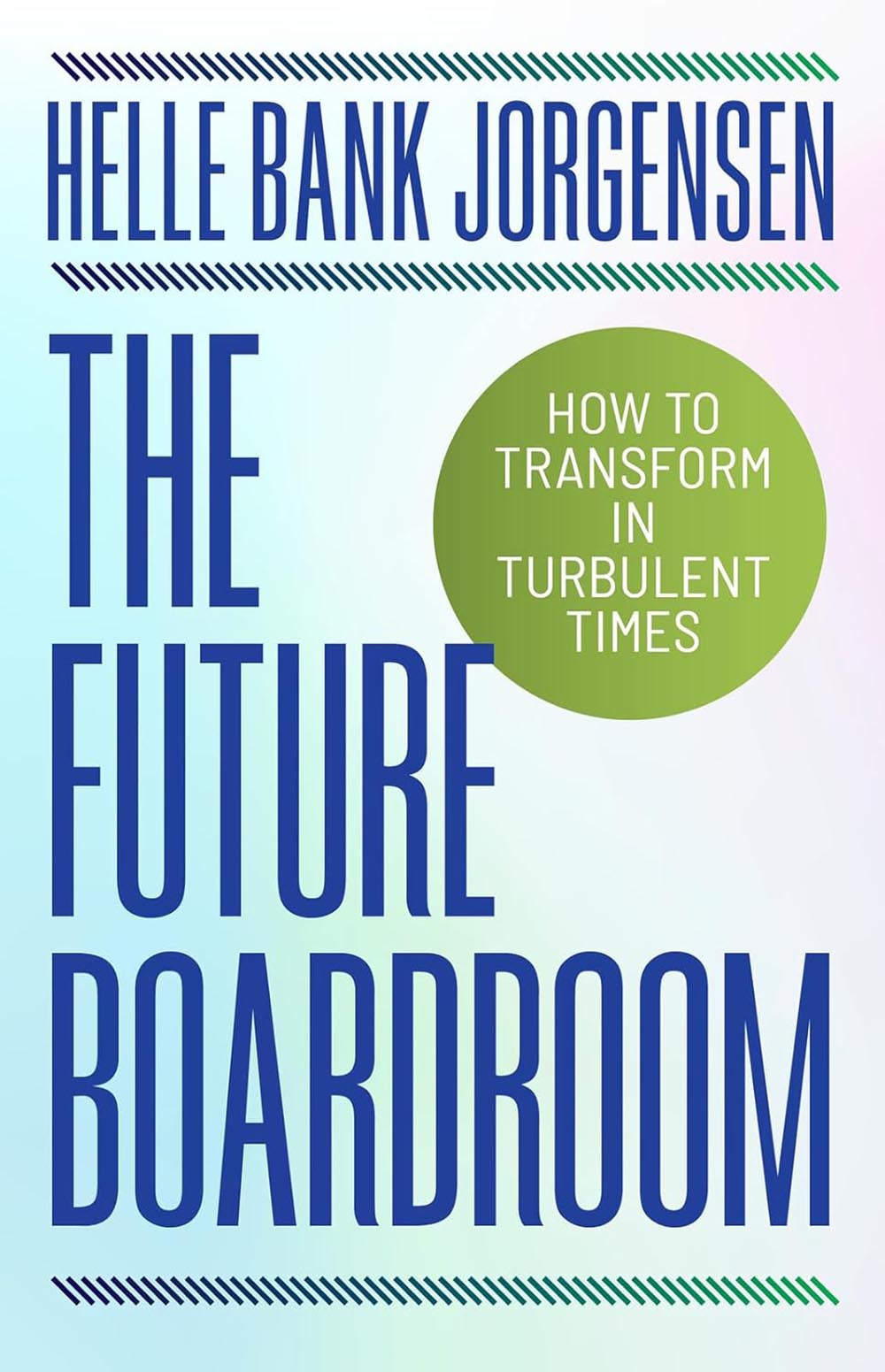
The Future Boardroom is a reflection of years of research and hundreds of candid conversations with CEOs, board chairs, investors, and global experts—each offering insight into what it truly takes to lead with clarity, courage, and competence in a world defined by uncertainty. It’s not a checklist or a manual. It’s wisdom from visionary people who are in the thick of it—facing tough decisions, navigating dilemmas, and learning how to lead with greater courage and clarity.
The book challenges readers to rethink their assumptions about governance. It explores questions like: What does it mean to be competent in a boardroom today? How do we ensure our decisions create value for the long term—not just for shareholders, but for society and the planet?
One of the things I’m proud of is the global nature of the book. It’s not just a Western perspective—it includes voices from Asia, Africa, Europe, and the Americas. From Japan, I’ve drawn on some very meaningful interactions with leaders who bring a quiet strength and holistic view to decision-making—an understanding that true leadership is about balance, wisdom, and responsibility across generations.
I hope this book becomes a companion to those who are genuinely trying to do the right thing, even when it’s hard. And perhaps even more importantly, to those who are still searching for the right questions to ask.
If you could envision a world shaped by truly competent boards and corporate leaders who understand and act on global risks and responsibilities, what would that look like?
If I could envision a world shaped by truly competent boards and corporate leaders—those who understand and act on the full spectrum of global risks and responsibilities—it would be one where long-term thinking isn’t just aspirational, it’s operational. Where boardrooms are not echo chambers of legacy thinking, but spaces of curiosity, courage, and diversity. Where decisions are made not solely based on quarterly returns, but on the long-term wellbeing of people, planet, and prosperity.
If I could envision a world shaped by truly competent boards and corporate leaders—those who understand and act on the full spectrum of global risks and responsibilities—it would be one where long-term thinking isn’t just aspirational, it’s operational.
In this world, businesses would serve not just their shareholders, but the systems they depend on—actively contributing to solutions for climate, nature, and inequality. Boards would treat fiduciary duty as a responsibility that extends to managing climate and nature-related risks, respecting human rights, embracing ethical use of technology, and ensuring value chains are resilient and just.
Artificial intelligence, too, would be governed not by fear or unchecked ambition, but by thoughtful oversight—where leaders understand both its transformative power and its potential consequences. Competent boards would help ensure that AI serves humanity, not just profitability.
I believe this kind of leadership could reshape our economies, soften geopolitical divides through business diplomacy, and empower communities as co-creators of value—not collateral damage. We’re not there yet. But I’ve seen how quickly progress can happen when leaders are willing to listen, learn, and lead with integrity. That’s why I remain hopeful. One decision at a time, one boardroom at a time—we can build a future where leadership truly lives up to its promise.



